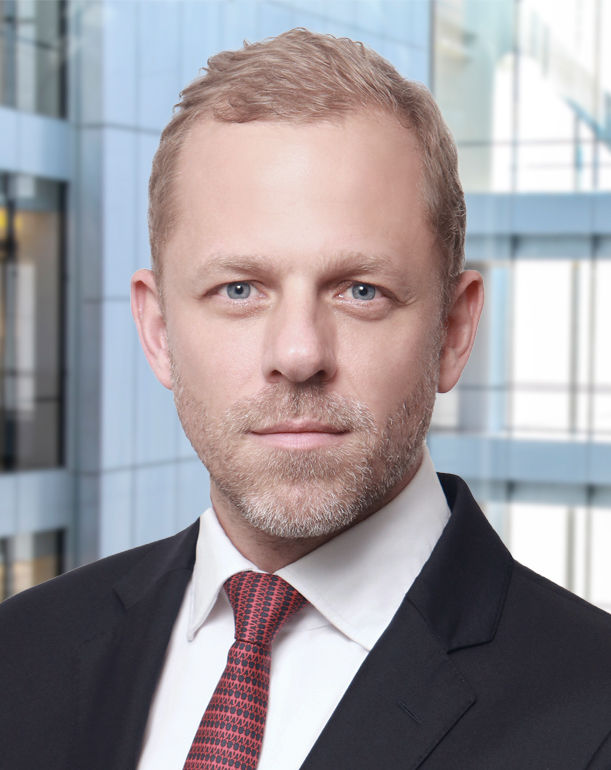Featured insights
-
Webinar On-Demand: Convergence, Carry, and ChangeIn a fast-changing investment landscape, PGIM experts will discuss our 2026 Best Ideas for capturing alpha and constructing more resilient portfolios.
Read More
-
2026 Best IdeasPGIM's annual Best Ideas report explores some of the most appealing opportunities for investors, leveraging our breadth of expertise across asset classes to present a diverse set of strategies for constructing more resilient portfolios.
Read More
-
2026 Market OutlookA new year may prompt investors to rationalize the intersection of major secular forces with near-term cyclical developments. Our 2026 Outlook assesses the impact of key themes reshaping the macro and investment landscape.
Read More
$1.5T
#16
200+
-
Press ReleasePGIM appoints David Fassbender as head of Asia Pacific for real estateBased in Tokyo, Fassbender will lead the Asia Pacific real estate business and spearhead its next phase of growth in the region.
Read More
-
Press ReleasePGIM provides €325M to finance German grocery-anchored retail portfolioCompleted on behalf of PGIM’s senior debt platform, the loan combines fixed and floating rates to refinance a portfolio of 85 assets.
Read More
-
Press ReleasePGIM appoints Charlotte Taylor and Ed Rieger to senior business development rolesThe appointments strengthen the firm’s institutional coverage and distribution capabilities across private real estate and broader private markets.
Read More
Subscribe to receive our latest insights
Stay informed on timely market developments, outlooks and industry events.
* Required Fields
PGIM sourced data as December 31, 2025. Asset totals may not sum due to rounding and double counting. Assets under management (AUM) shown for Fixed Income and Multi-Asset. AUM/AUA shown for Equity and Alternatives. Equity includes AUA of $14.6B (net AUM is $255B). Alternatives includes real estate AUA of $50.1B (net AUM of $134B). AUM/AUA based on company estimates and subject to change.










